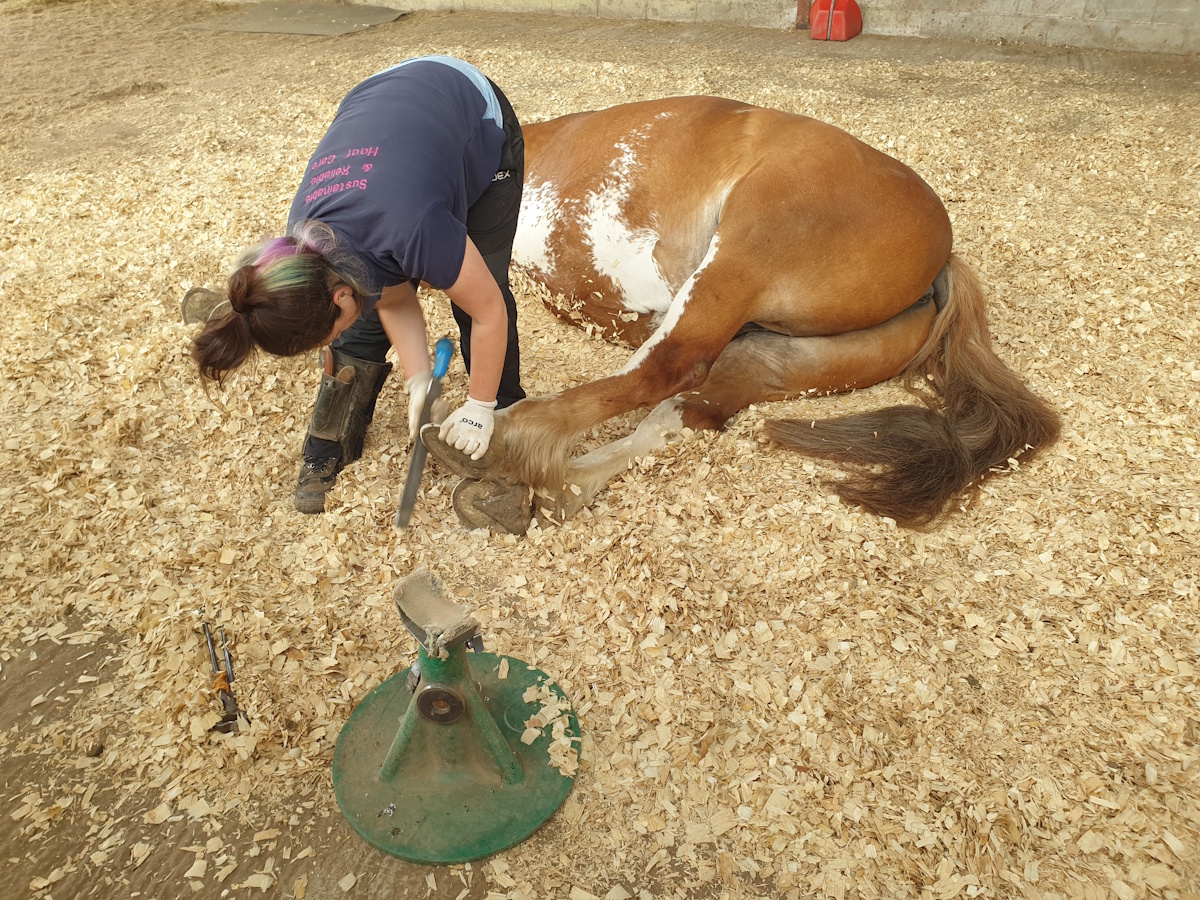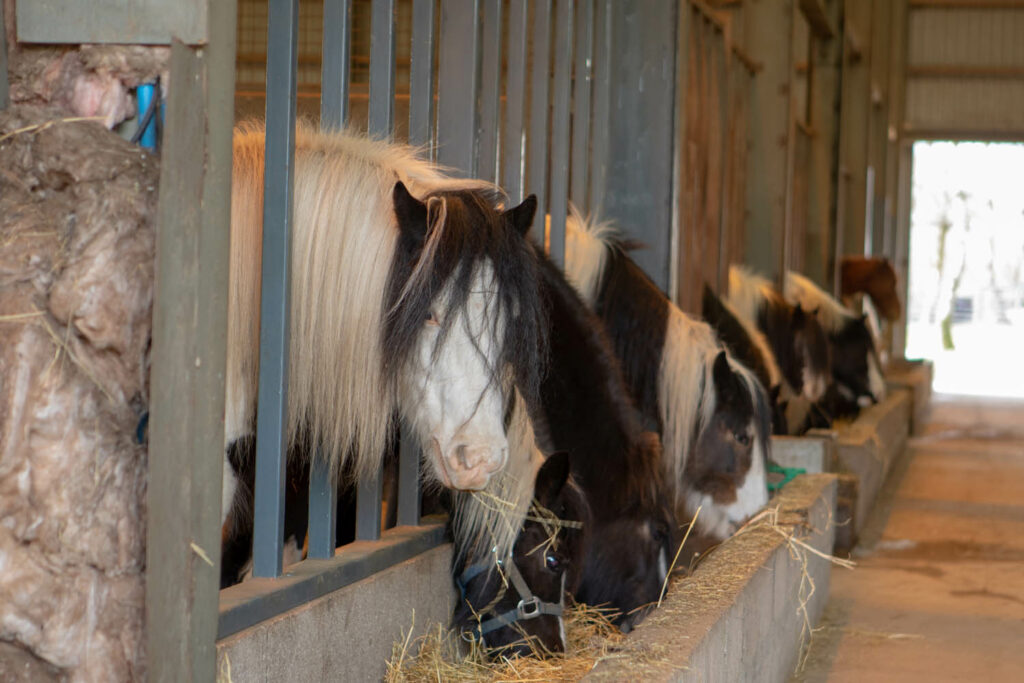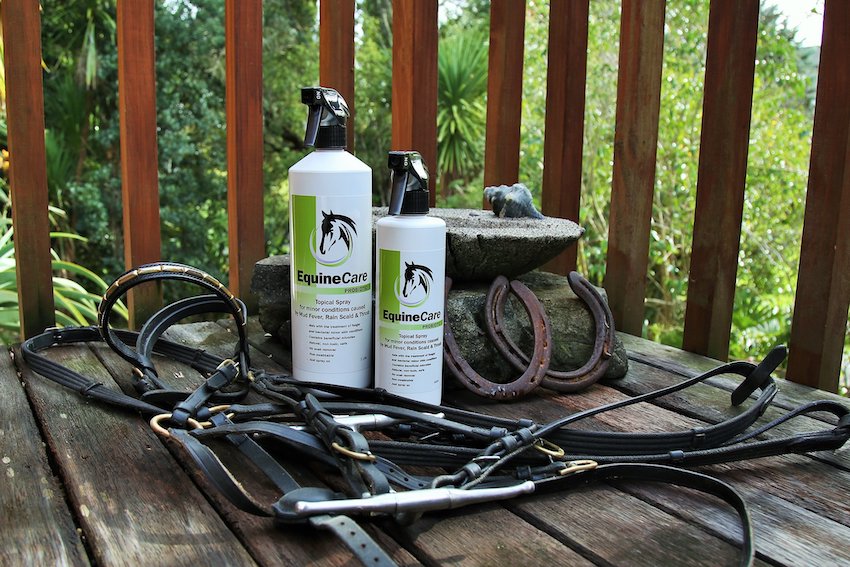Sustainable Living with Horses: Eco-Friendly Practices

Sustainable living with horses involves adopting practices that minimize environmental impact while promoting the health and well-being of both horses and their surroundings. This approach not only benefits the planet but also supports a more ethical and responsible way of caring for these majestic animals.
Key Eco-Friendly Practices for Horse Owners

1. Sustainable Feeding

- Local and Organic Feed: Choose locally sourced, organic hay and grains to reduce carbon footprint and avoid pesticides.
- Pasture Management: Rotate grazing areas to prevent overgrazing and soil degradation.
- Supplement Alternatives: Use natural supplements and avoid synthetic additives when possible.
2. Waste Management
- Composting Manure: Turn horse manure into nutrient-rich compost for gardens and pastures.
- Manure Recycling Programs: Participate in community programs that recycle manure into bioenergy or fertilizer.
- Proper Disposal: Avoid dumping manure in waterways or non-designated areas to prevent pollution.
3. Water Conservation
- Efficient Water Use: Install automatic waterers with sensors to reduce waste.
- Rainwater Harvesting: Collect rainwater for cleaning stalls and watering pastures.
- Water Quality Monitoring: Regularly test water sources to ensure they are free from contaminants.
4. Eco-Friendly Stable Management
- Sustainable Building Materials: Use recycled or sustainably sourced wood and non-toxic paints.
- Energy Efficiency: Incorporate solar panels, LED lighting, and proper insulation.
- Natural Ventilation: Design stables to maximize airflow and reduce reliance on electric fans.
5. Transportation and Equipment
- Low-Emission Vehicles: Use fuel-efficient or electric vehicles for horse transport.
- Eco-Friendly Tack and Gear: Choose products made from sustainable materials like hemp or recycled fabrics.
- Maintenance: Regularly maintain equipment to extend its lifespan and reduce waste.
Benefits of Sustainable Horse Care
| Benefit | Description |
|---|---|
| Environmental Protection | Reduces pollution and conserves natural resources. |
| Cost Savings | Lowers expenses through efficient resource use. |
| Healthier Horses | Promotes better nutrition and living conditions. |
| Community Engagement | Encourages local collaboration and education. |
Frequently Asked Questions (FAQ)
Q1: How can I start implementing sustainable practices with my horse?
- Begin with small changes like composting manure and using local feed.
Q2: Are eco-friendly horse products more expensive?
- Initially, some may cost more, but they often save money long-term through durability and efficiency.
Q3: Can sustainable practices improve my horse’s health?
- Yes, natural feeding and better living conditions contribute to overall well-being.
Q4: How do I manage pasture sustainably?
- Rotate grazing, reseed as needed, and avoid overstocking to maintain soil health.
Adopting sustainable living practices with horses is a rewarding way to care for your animals and the environment. By integrating these eco-friendly methods, horse owners can make a positive impact that extends beyond their stables.
